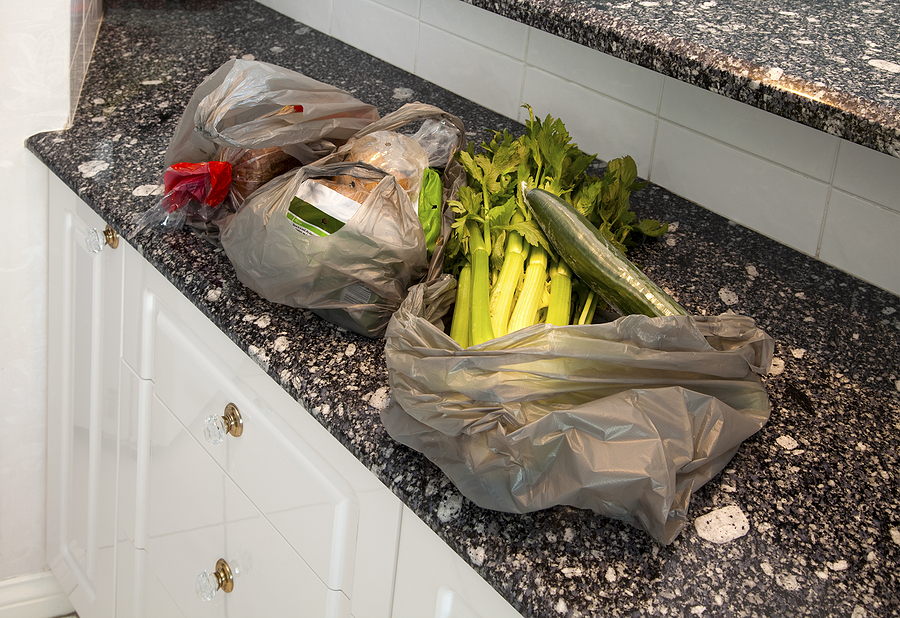TRENTON, NJ – If you’re tired of sucking your drink from a withering paper straw from a super-sized plastic container or bottle, buckle up New Jersey, things are about to go from stupid to just plain ridiculous.
In November, New Jersey Governor Phil Murphy’s plastic straw ban went into effect and everyone knows that paper straws last for about 40% of your drink’s lifespan, but worse it makes absolutely no sense at all.
Many restaurants and fast-food chains are continuing to sell their beverages in plastic containers, topped off with a useless paper straw. The good news is, you can ask for a plastic straw in and most cases you will be provided with one.
Spoiler Alert: Many New Jersey restaurants are simply not complying with this ridiculous feel-good effort that makes no sense.
Now New Jersey has started its ridiculous plastic bag ban. Remember plastic bags? Those things environmentalists pushed on us in the 80s when they said our paper bags were destroying the rain forests in South America?
Well, guess what, paper bags are still banned too, but starting today, on May 4th, you can start putting your plastic-wrapped groceries into reusable bags.
That’s right that plastic bag of rice and pre-packaged salad mixes will need to be carried out of the store in reusable bags. Your plastic-wrapped meat products sitting in styrofoam trays can no longer go in store-provided plastic bags.
Spoiler Alert: You can still buy your own plastic bags, which many of have historically used more than once anyway from the internet. They cost about $10 per thousand.
The idea that “single-use” plastic bags are single-use products is a myth perpetuated by people on the left like Governor Phil Murphy. Most Americans keep those bags and use them again. Whether it’s for a small trash can liners, cleaning up small spills, cleaning out the car, or cleaning up after your dog, we’ve all used those bags, and under most kitchen sinks in America, you’ll see single-use plastic bags ready to be recycled for another use.
Here’s what the law says:
- Beginning May 4, 2022, the law prohibits all Stores (including retail), Food Service Businesses, and Grocery Stores from selling to, or providing their customers with, single-use plastic carryout bags. In addition, Grocery Stores larger than 2,500 square feet may not provide or sell single-use paper carryout bags, and instead may provide or sell only reusable carryout bags.
- Definitions:
- “Store” is any grocery store, convenience store, liquor store, pharmacy, drug store, or other retail establishment.
- “Food Service Business” sells or provides food for consumption on or off the premises, including, but not limited to, establishments such as a restaurant, café, delicatessen, coffee shop, convenience store, grocery store, vending truck or cart, food truck, movie theater, or business or institutional cafeteria, including those operated by a government entity.
- “Grocery Store” is a self-service retail establishment that occupies at least 2,500 square feet, and that sells household foodstuffs for off-site consumption, including but not limited to fresh produce, meat, poultry, fish, deli products, dairy products, canned foods, dry foods, beverages, baked foods, or prepared foods.
- Definitions:
And guess what, if you violate this order, there’s a fine.
“A person or entity that violates the law will be warned for a first offense, may be fined up to $1,000 per day for the second offense, and may be fined up to $5,000 per day for the third and subsequent violations. Violations of a continuing nature constitute an additional, separate, and distinct offense for each day that is deemed a violation,” the law states.
